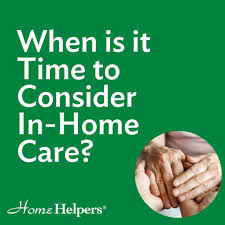
A gentle checklist for the moment you realize “maybe we need a little help.”
At Patient Care Of Houston, families rarely call us when everything is running smoothly. They call after the third missed pill, the second tumble in the bathroom, or the first morning Mom can’t remember if she ate breakfast. The question on every caller’s lips is the same:
“How do I know it’s the right time?”
Below is the compass we hand families—no medical jargon, no scare tactics, just honest signals that non-medical home care can turn the tide from “coping” to “comfort.”

- The Mailbox Red Flag
Mail piles up faster than memories. If unopened envelopes cover the coffee table, bills lapse, or charity appeals outnumber greeting cards, it’s often the first quiet cry for administrative help. A caregiver can spend 30 minutes a day sorting, shredding, and scheduling so the senior stays in control without feeling overwhelmed.
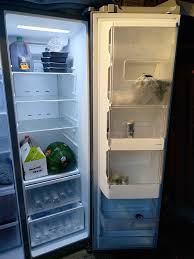
- The Refrigerator Report Card
Spoiled milk dated three weeks ago. Twelve bottles of ketchup. Zero fresh food. When shopping, cooking, and cleanup slide, nutrition—and mood—nosedive. Our caregivers don’t prepare clinical “special diets”; they cook the foods already loved (yes, banana pudding counts) in smaller, safer portions.
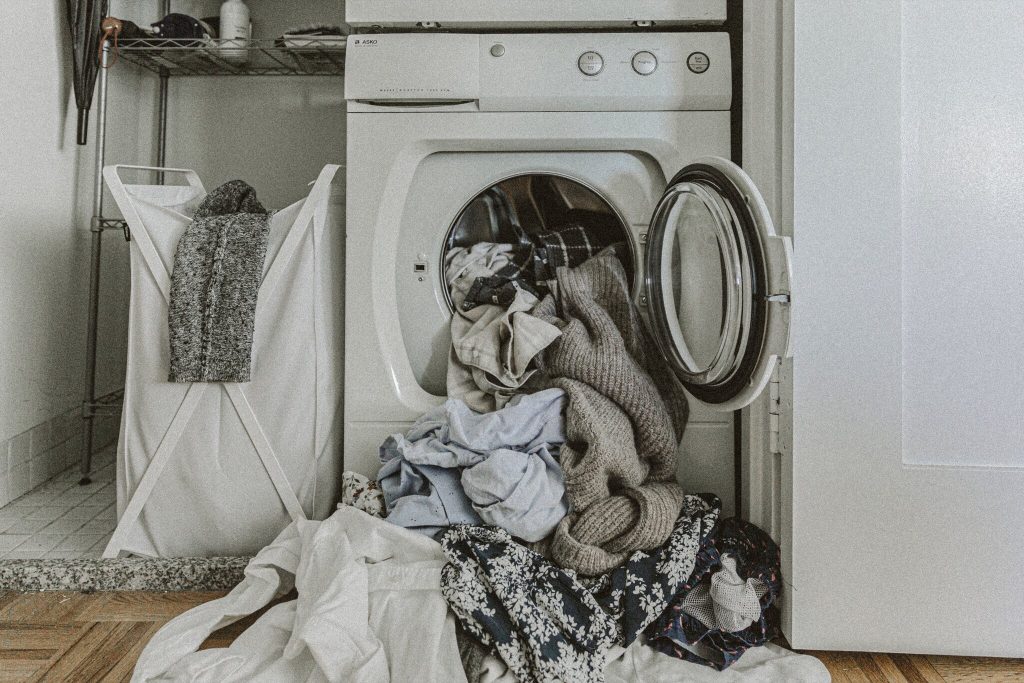
- The Laundry Loop
Wearing the same sweater five days running isn’t always nostalgia; sometimes the washer is in the basement and the stairs look like Everest. If laundry lives in baskets instead of closets, a once-a-week helper can fold the mountain back into manageable molehills.
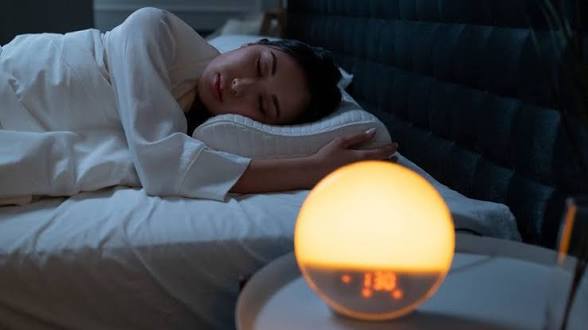
- Night-Lights & Nightmares
Sundowning, wandering, or simply refusing to go upstairs—whatever keeps the household awake after 10 p.m. is a legitimate reason to invite a trained overnight caregiver. You don’t have to wait for a medical crisis; exhaustion is crisis enough.
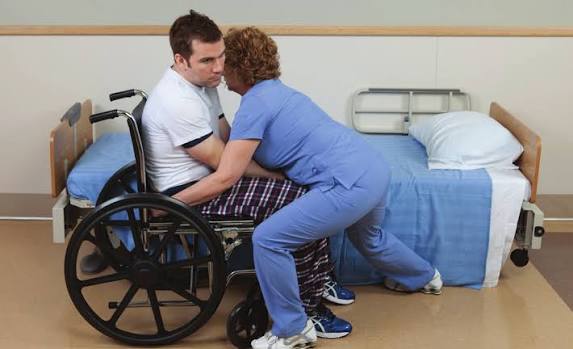
- The “One-Person Transfer”
If one spouse is now the sole walker of the dog, the sole driver to church, and the sole lifter of the garbage can, that spouse is one strained back away from two people needing help. Bringing in a non-medial assistant preserves the healthier partner’s role as sweetheart, not street-sweeper.
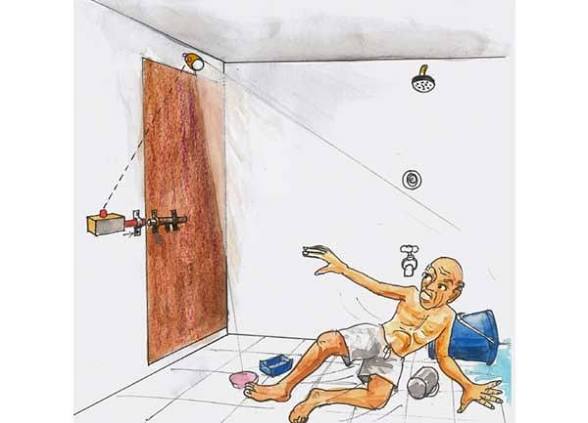
- Shower Sounds—or Silence
A fall in the bathroom is the 911 call everyone hopes never to make. If you find yourself standing outside the door counting the seconds between the water turning on and off, it’s time. Our caregivers offer “stand-by assistance”: eyes, ears, and a steady elbow—no shower chairs required unless you want one.
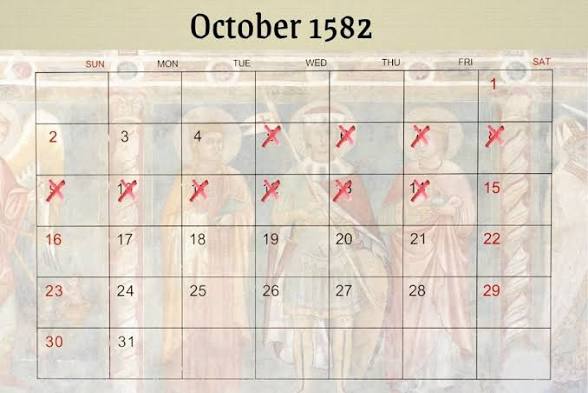
- The Calendar Conundrum
Missed grand-daughter’s recital? Forgot the 50th-anniversary brunch? When appointments begin to slip, pride is often the only thing still on schedule. A caregiver can provide gentle morning reminders, drive (in the client’s car if preferred), and even snap photos so memories are captured, not lost.
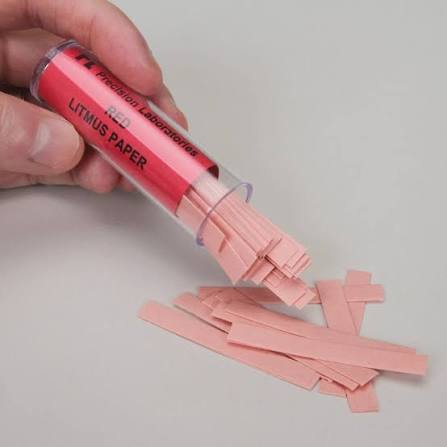
- The Loneliness Litmus Test
If the highlight of the week is the pharmacy robocall, companionship is a medical necessity in its own right. Conversation, card games, or simply watching Judge Judy together can lower blood pressure as surely as any pill.

- The “Sandwich Generation” Squeeze
You’re juggling soccer practice on Thursday and your dad’s cardiologist on Friday. Resentment is not a character flaw; it’s a scheduling conflict. Three hours of weekly home care can turn you from frantic multitasker back into devoted daughter.
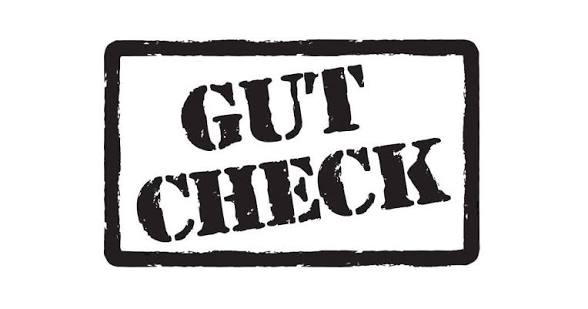
- The Gut Check
Still unsure? Try the overnight suitcase question: “If Mom had to spend one night in the hospital, could I pack her bag in five minutes knowing exactly what she’d want?” If the answer is no, a caregiver can help catalog preferences—favorite toothpaste, robe, even the stuffed cat named Whiskers—so should an emergency arise, dignity travels too.
The 30-Day Trial Rule
We tell every family: start small, stay flexible. Four visits in one month—perhaps two grocery runs, one laundry day, and one Sunday lunch companion. At the end of 30 days, if life feels lighter, keep going. If not, we shake hands and leave the fridge stocked with fresh milk, no questions asked.
Early Is Easier
Waiting until “something bad happens” means decisions are made under fluorescent lights at 2 a.m. Choosing care while everyone is still safe keeps the senior in control of who enters the home, when, and how. In other words, the right time is the moment you catch yourself wondering if it might be time.
A Closing Promise
Home care is not the beginning of the end; it is the end of “we can’t keep doing this alone.” The day you call us is the day you get your evenings back, your weekends back, and—most importantly—your relationship back, uncluttered by tasks and tension.
If any three items on the checklist above made you nod (or wince), pick up the phone. We’ll bring the teal folder, you bring the coffee cake, and together we’ll decide—at your pace, in your living room—whether Patients Care Of Houston is the right next chapter, not the final one.
The right time might be today.
